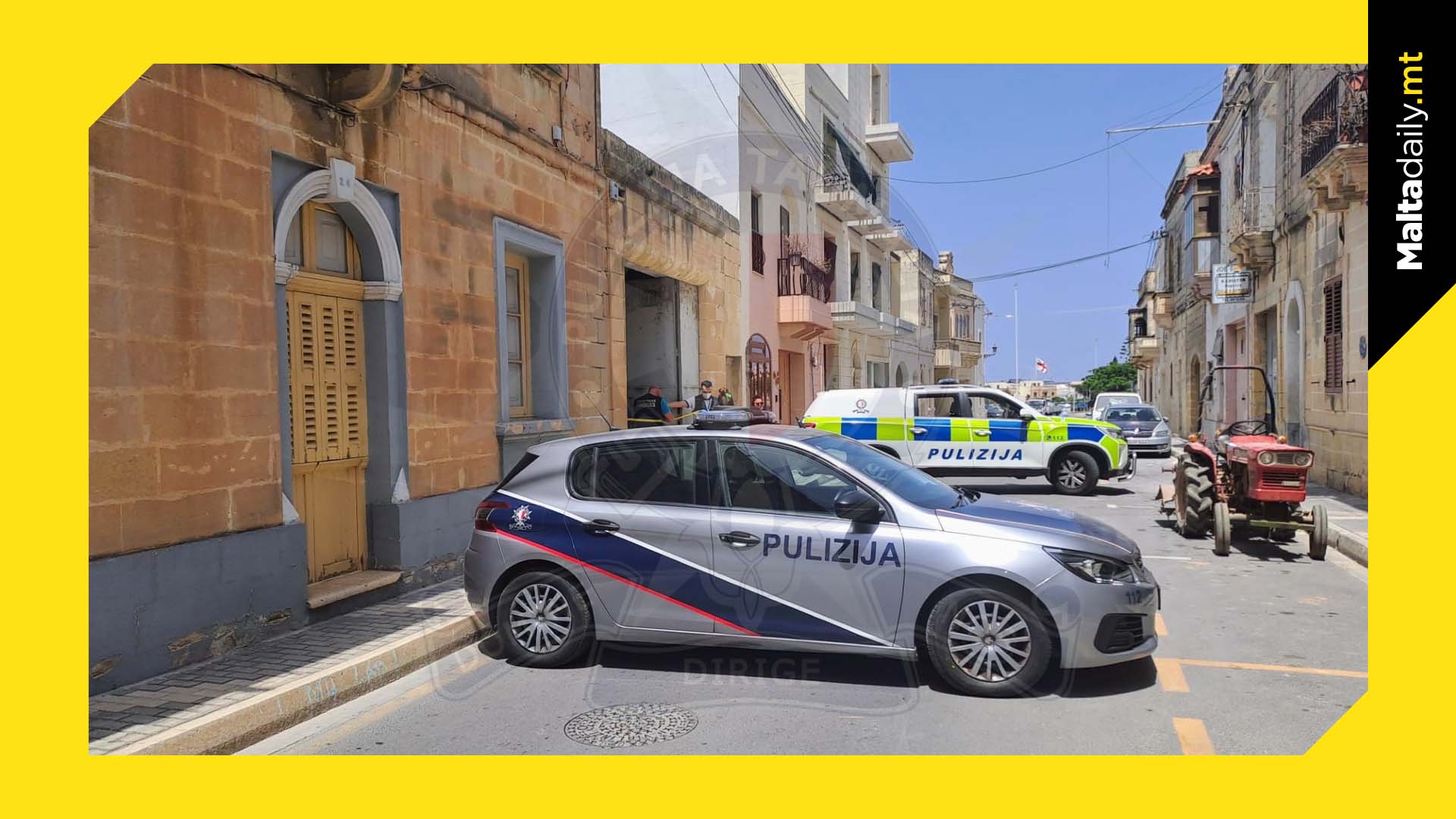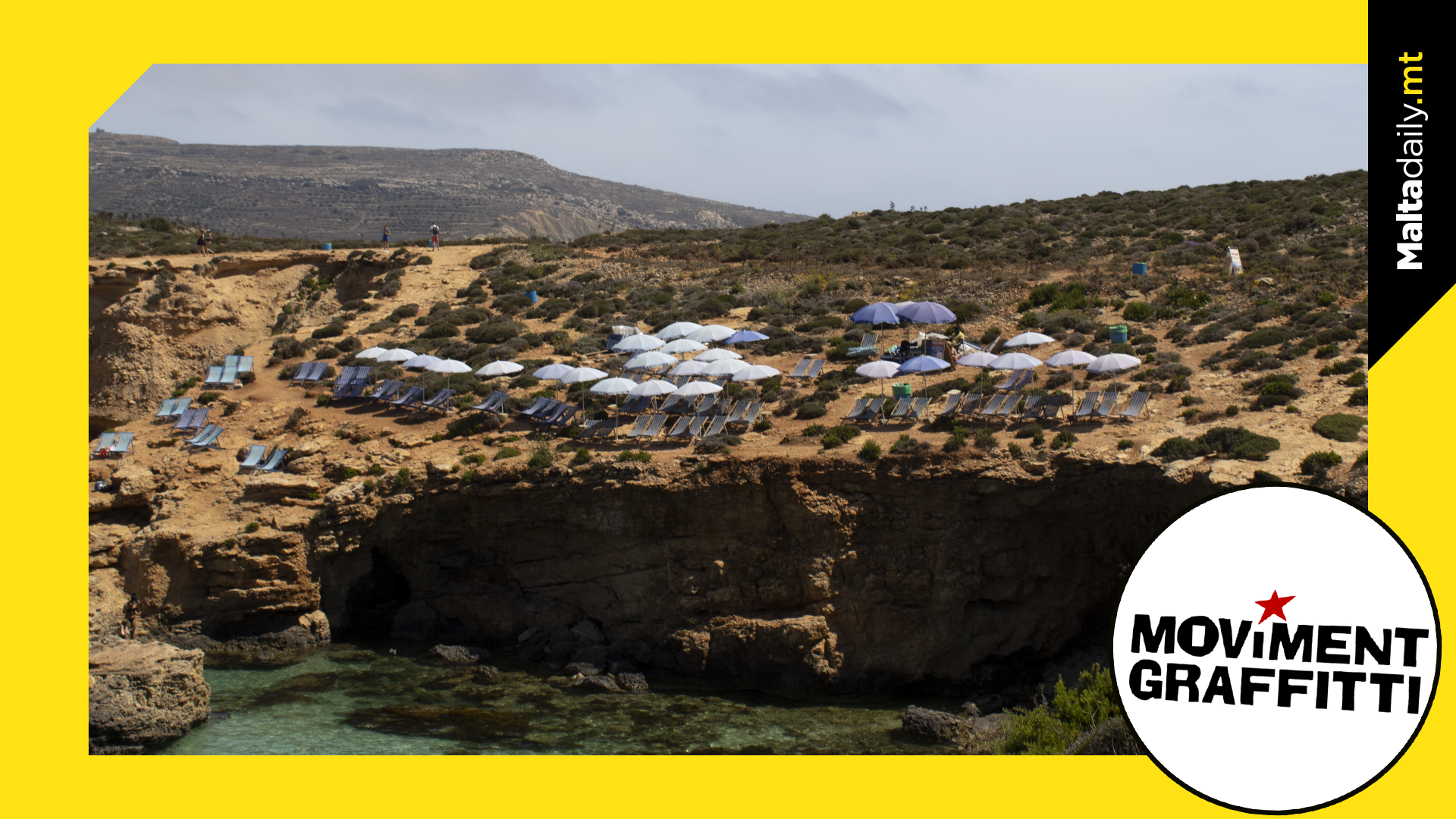
Maltese DJ Ryz has catapulted into the international spotlight as his unreleased track ‘Unspoken’ got showcased at the renowned OFFWEEK Festival’s Afterlife takeover at Parc del Forum in Barcelona. The crowd went wild as international artists Kevin De Vries and Konstantin Sibold unleashed the track’s pulsating beats to a sea of ecstatic music lovers.
View this post on Instagram
Afterlife, a powerhouse in the electronic music scene, continues to dominate the globe, with events held at the hottest nightlife destinations worldwide such as Ibiza, Tulum, London to Barcelona.
Ryz’s inclusion in De Vries & Sibold’s tracklist is a testament to the endless possibilities which lie in the hands of Maltese producers. The track’s infectious rhythm definitely resonated with the crowd and contributed to the electrifying atmosphere Afterlife events are known for.
What do you think of the track?
#MaltaDaily













